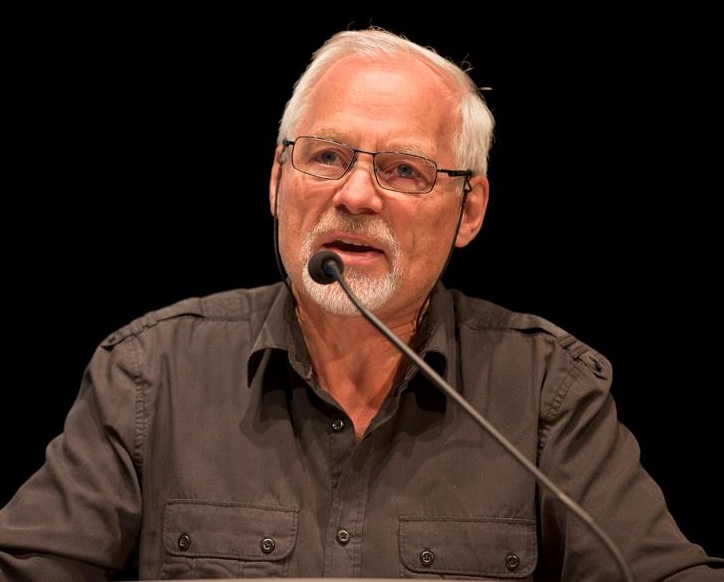 Asbjørn Wahl, chair of the ITF urban transport committee and chair of the ITF climate change work group, reports from Oslo.
Asbjørn Wahl, chair of the ITF urban transport committee and chair of the ITF climate change work group, reports from Oslo.
On Friday 13 March more than 500 people gathered at the Bridge to the Future conference in Oslo, while about the same number of people followed the conference through video streaming. The conference was sponsored by a wide variety of organisations, including trade unions, environmental organisations, the Norwegian Church and a number of others. These organisations now represent a broad climate coalition in the making in Norway.
This was the second conference of this sort. The first one was organised one year ago with 300 participants, and the conferences have been used to build the new Norwegian coalition against climate change. The main demands of the coalition are national cuts in greenhouse gas emissions and that we should make the necessary transitions to save humanity from climate catastrophe. Since governments have been negotiating for more than 20 years without being able to agree on necessary changes, the aim of this popular coalition is to build a climate solution from below.
At the conference, more than 10,000 signatures were delivered to a representative of the political parties in government, demanding “Reduce Norwegian oil extraction – 100,000 climate jobs now!”
“We can if we want create the tens of thousands of jobs in industries which contribute to reduce both our own and others’ emissions of greenhouse gases. In the way we have developed an oil economy in our country, we can also replace jobs in the oil industry by developing an economy based on renewable energy. We do now know that oil production is not an industry of the future”, said Mette Nord, President of the Norwegian Union of Municipal and General Employees.
The General Secretary of the ITUC, Sharan Burrow, was one of the high-ranking speakers at the conference. In a strong appeal to participants, she urged them to build broad alliances and to mobilise towards the UN Climate Summit (COP 21) in Paris in December. She stressed that we cannot come out from Paris without an ambitious and binding agreement. – If we do not start the climate struggle today, tomorrow’s jobs will be at risk, she said in an interview with the trade union press. We cannot base our energy on fossil fuel in 2050, and to reach this goal, a massive restructuring of our industry sector is necessary, she said. The ITUC, under the leadership of Sharan Burrow, has over the last few years taken a leading role against climate change in the international trade union movement.
This conference is a charging dock for popular energy, said one of the organisers, while a bishop representing the Norwegian Church criticized all the empty promises we have heard from politicians over the years by quoting the Proverbs of Solomon (14, 23), which says: “In all labor there is profit, but idle chatter leads only to poverty.” Because the Church is among the three dominant forces in the coalition, the other two being trade unions and environmental organisations, some also say that this is now the new Trinity in Norway. Characteristic for the coalition is that it underlines the necessity to unify the climate with the social struggle – a policy that is also central in the ITF climate change policy.
Kumi Naidoo, the leader of Greenpeace International, also addressed the conference and characterised the broad climate coalition, which is now being developed in Norway, as historic. Together with Sharan Burrow, he is now promoting the Norwegian coalition as a model for the rest of the world in order to mobilise against climate change – for a just transition to a planet powered by clean and efficient energy.
Leave a Reply